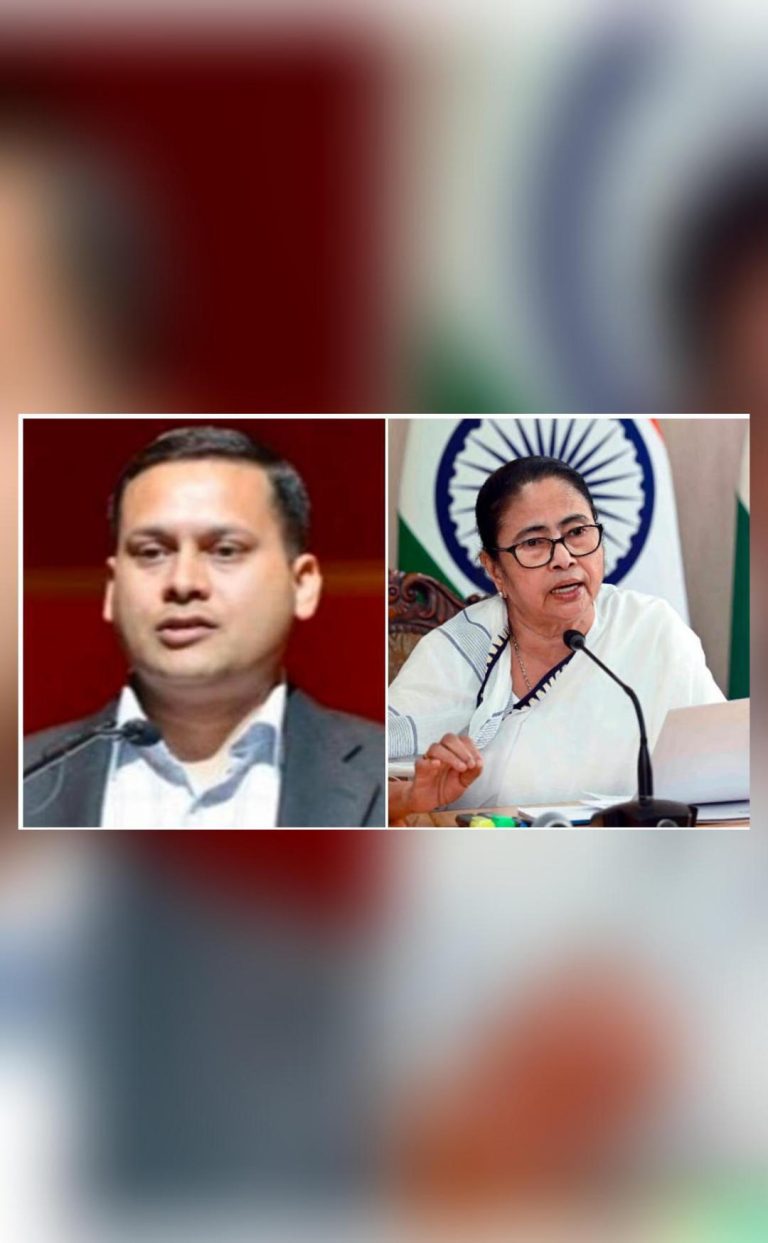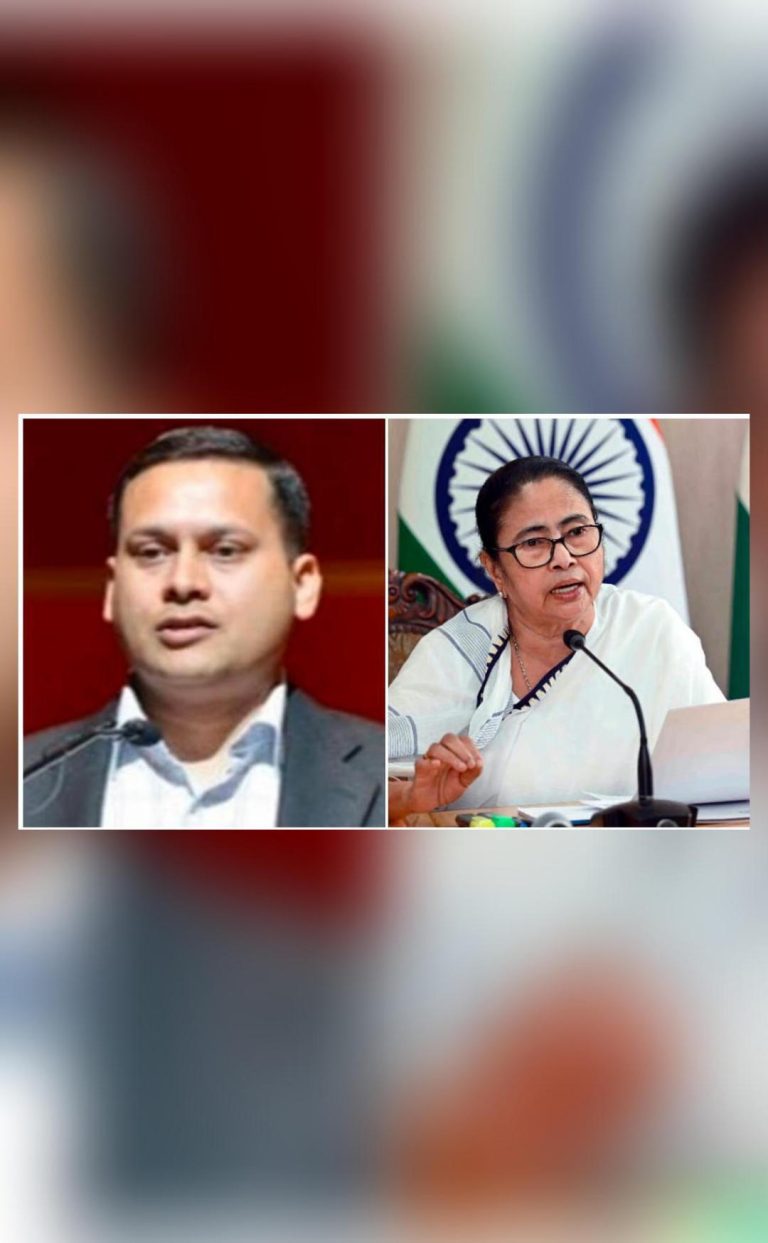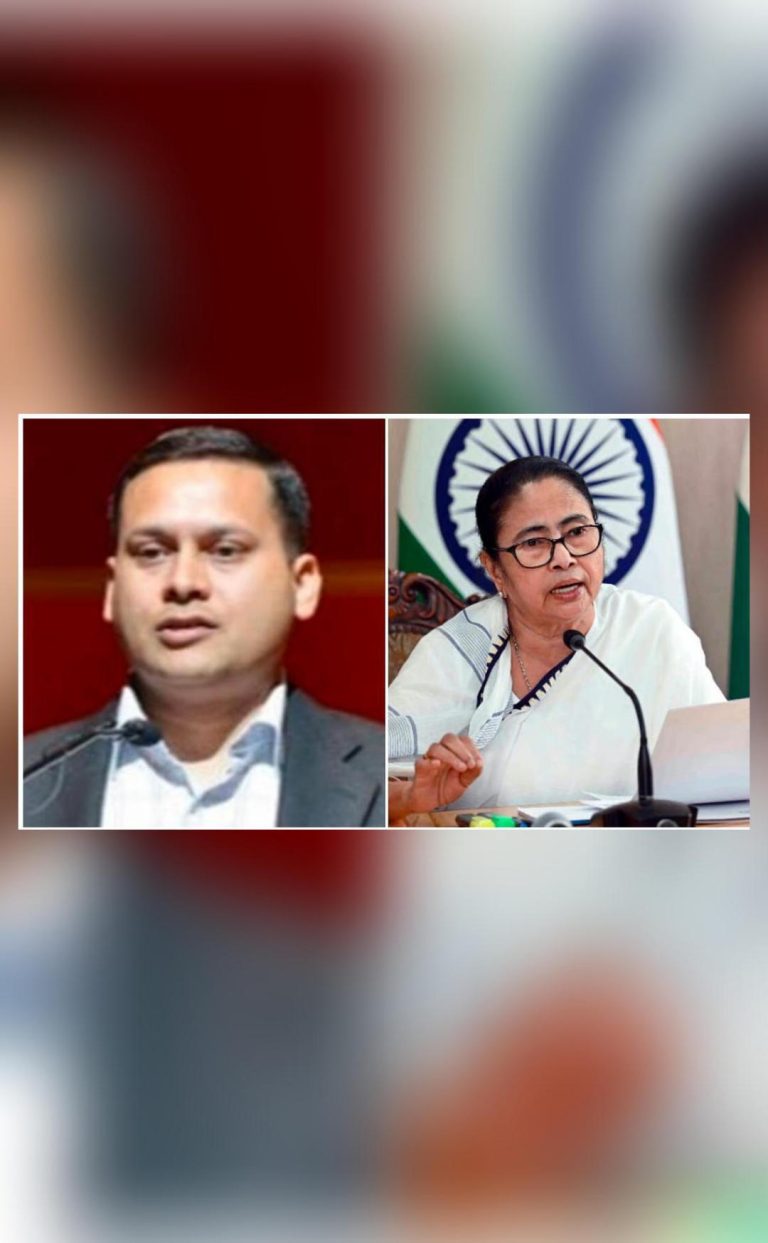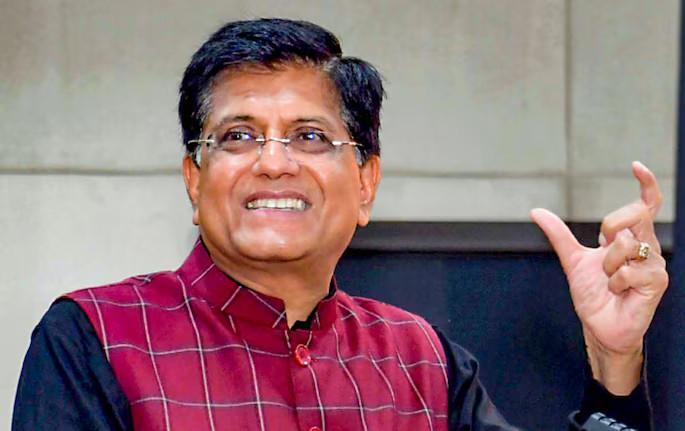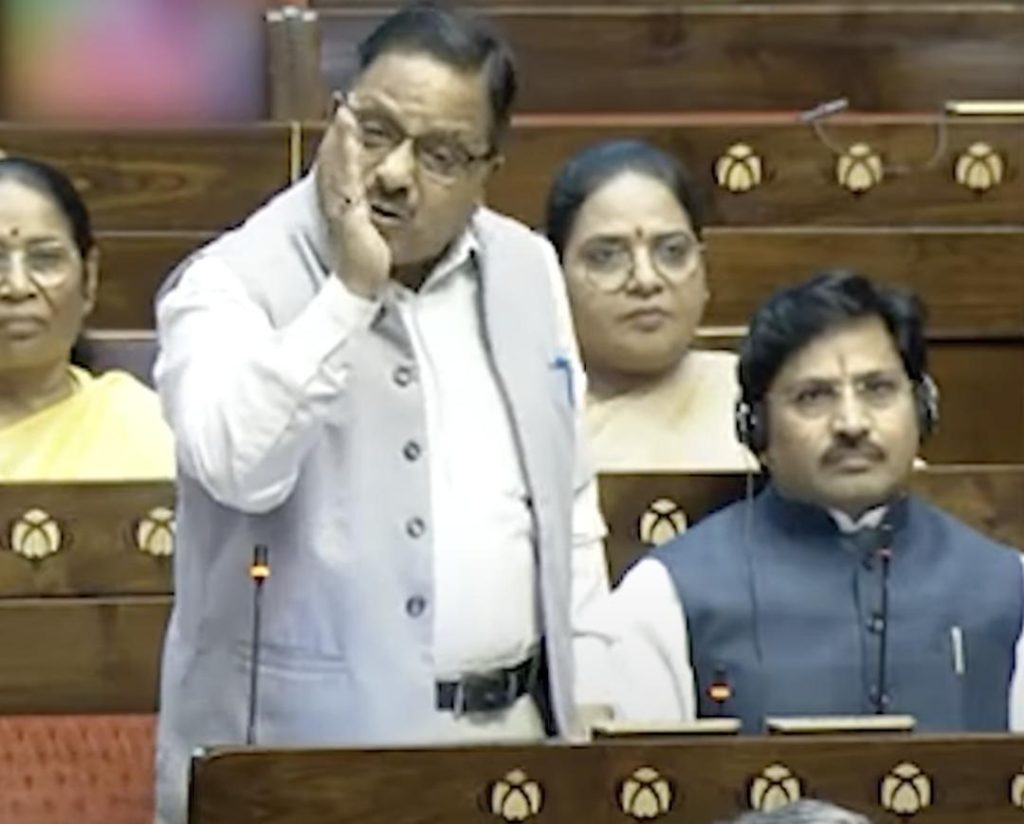
Should I read Quran & tell you what’s written in it: BJP MP Radha Mohan Das on Waqf Bill
The Waqf Bill, a contentious legislation aimed at reforming the management of Islamic charitable trusts, has been the subject of intense debate in the Indian Parliament. Recently, during the discussion on the bill, BJP MP Radha Mohan Das sparked a controversy by asking if he should read the Quran and tell the country what is written in it. His statement has set off a storm, with many interpreting it as an attempt to undermine the Islamic holy book and the Waqf Board.
In the video that has gone viral, Radha Mohan Das can be seen addressing the Lok Sabha, “I want to ask everyone, should I read the Quran and tell you what’s written in it? The Quran says that even if one rupee is given to anyone, there should be a written record…And you say you have so many properties without a record,” he said, targeting the Waqf Board.
Radha Mohan Das’ statement has been widely criticized by many, who see it as an attempt to disrespect the Quran and the Islamic faith. Many have pointed out that the BJP MP’s statement is insulting and disrespectful to the religious beliefs of millions of Indians, particularly Muslims.
The Waqf Board, which manages Islamic charitable trusts, has been accused of mismanagement and corruption by many, including the BJP. Radha Mohan Das’ statement seems to be an attempt to further fuel these accusations and create a controversy around the Waqf Board.
However, it is essential to note that Radha Mohan Das’ statement has also been seen as a desperate attempt to deflect attention from the real issues surrounding the Waqf Bill. The bill aims to reform the management of Waqf properties, which are estimated to be worth over Rs 1 lakh crore. The reform is necessary to ensure that these properties are managed transparently and efficiently, and that the benefits of these trusts reach the intended beneficiaries.
The Waqf Board has been accused of misusing its powers and squandering the resources entrusted to it. The board has been criticized for its opaque decision-making process, lack of transparency, and corruption. The proposed bill aims to address these issues by introducing reforms such as the creation of a Waqf tribunal, the appointment of a CEO, and the introduction of a transparent decision-making process.
Radha Mohan Das’ statement, therefore, can be seen as an attempt to distract from the real issues surrounding the Waqf Bill and create a controversy around the Quran and the Islamic faith. His statement is not only disrespectful but also divisive, and it has the potential to create further polarization in the country.
Moreover, Radha Mohan Das’ statement raises questions about his understanding of the Quran and Islamic law. The Quran is a sacred text that is revered by millions of Muslims around the world. It is not a book that can be picked up and read randomly, and its interpretation requires a deep understanding of Islamic law and theology.
Radha Mohan Das’ statement also raises questions about the BJP’s stance on religious freedom and tolerance. The party has been accused of promoting a Hindu nationalist agenda, which has led to concerns about the safety and security of religious minorities, particularly Muslims.
In conclusion, Radha Mohan Das’ statement asking if he should read the Quran and tell the country what is written in it is not only disrespectful but also divisive. His statement is an attempt to create a controversy around the Quran and the Islamic faith, and it has the potential to further polarize the country.
The Waqf Bill, on the other hand, is a legitimate attempt to reform the management of Waqf properties and ensure that these resources are used for the benefit of all stakeholders. The bill is necessary to address the issues of mismanagement and corruption that have plagued the Waqf Board for years.
It is essential that the BJP and Radha Mohan Das focus on the real issues surrounding the Waqf Bill, rather than creating unnecessary controversy and divisiveness. The country needs leaders who can work together to address the real issues facing the country, rather than resorting to divisive rhetoric and inflammatory language.
Source: https://www.youtube.com/watch
